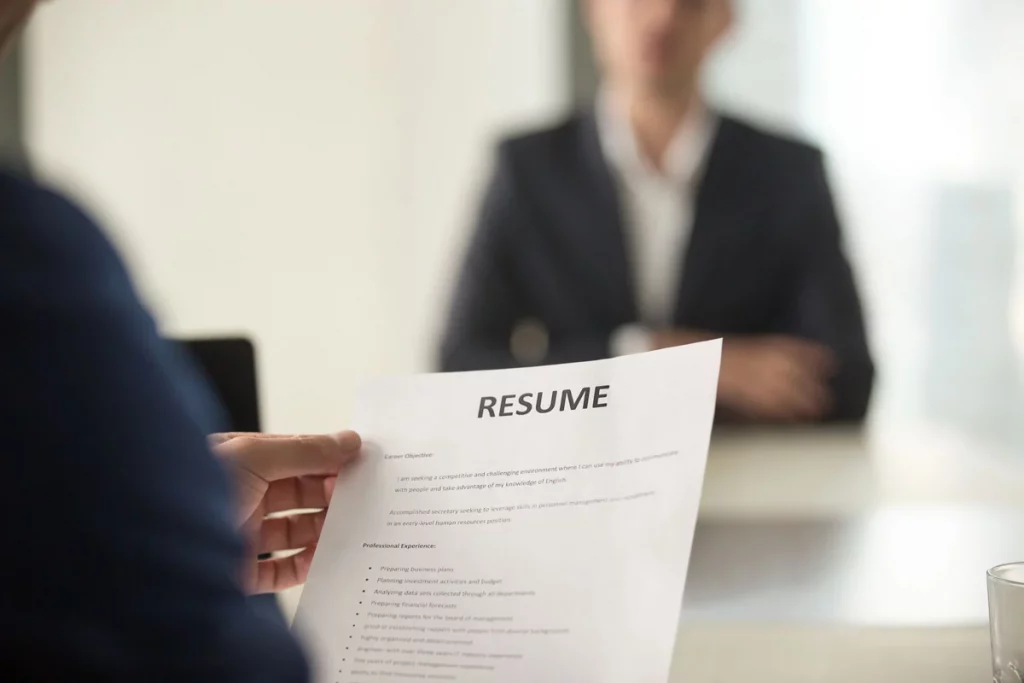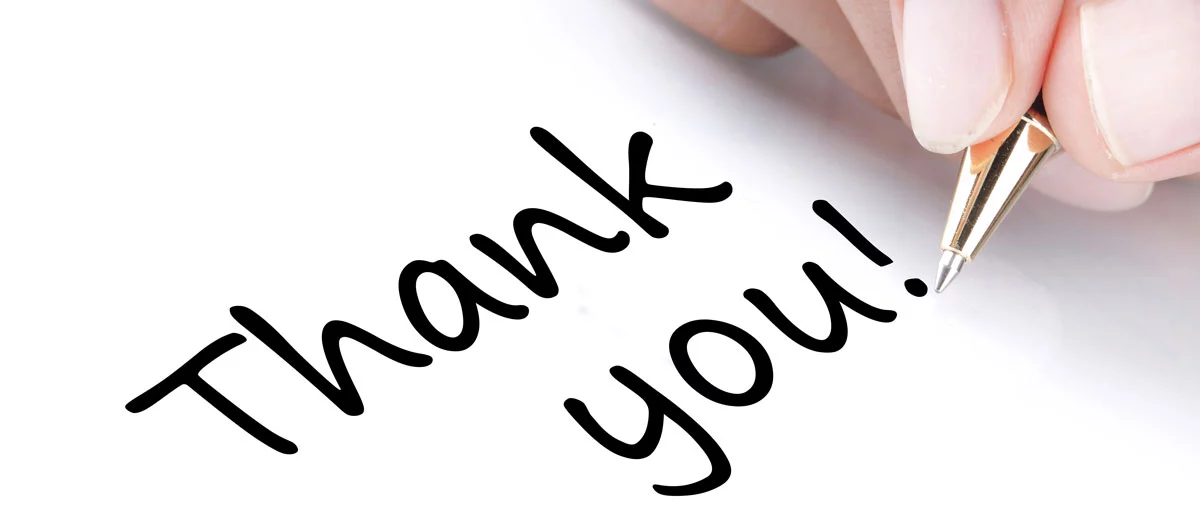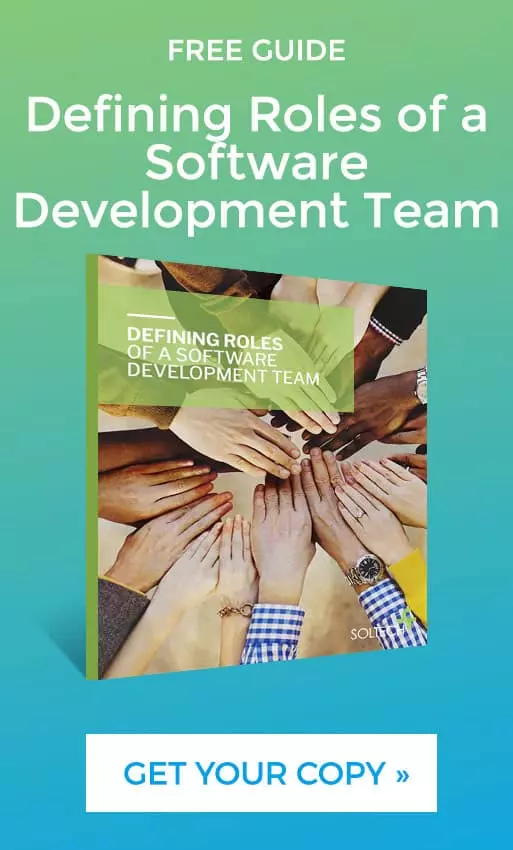
What are the Most Common Job Interview Mistakes?
By Veanne Smith
Job interviews, in general, can be nerve-wracking and overwhelming. Tech interviews can be even more stressful because you are not sure how to best showcase your professional achievements to someone who may not be technically knowledgeable. However, if your LinkedIn and online portfolio are up-to-date, and you are comfortable with your skills and experience, then you are halfway there.
Today, we’re going to share a few common-sense interview do’s and don’ts and provide insights that will help improve your interviewing skills and ultimately give you a better chance of landing the job. With appropriate preparation, and the right mindset you will be able to ace that interview. Even if it is not the job you envisioned, you will be even more prepared to excel in the interview for the job of your dreams. Follow these interview bootcamp insights and experience improved results!
Tips for a Successful Tech Interview
Pre-Interview: How Prepared Are You?
Interviewers like to believe you are genuinely interested in the job so they look for signs that show you have taken the time to understand the company mission, the job’s requirements, and why you feel you are the best person for the job. Natural enthusiasm coupled with previously researched intel will go a long way.
Before going on the next interview, ask yourself if you have prepared enough to go head-to-head with the interviewer with some level of specificity about the company. You don’t need to know everything, but enough to show you have done your homework and are able to ask intelligent questions.

Research in advance
- What is the company’s mission and how you can contribute? How long has the company been in business? Is it a corporation or privately-owned enterprise?
- Did you research the company on LinkedIn, Google, and industry trades? Can you see where the company has been and where it is headed? Go the distance and learn about the company’s industry, its top concerns, customer trends, and its current analytics.
- Will the interview be with HR or with the person for whom you will be working? Will the interview be with one person or a team? Will you get a tour of the company’s premises to get a feel for the environment?
- Have you familiarized yourself with the interviewer and future team members? Social media will reveal information that can be used to discuss common interests; this information can be used as interview ice-breakers which will quickly help build rapport.
This level of preparation is appreciated and expected when interviewing candidates; it also provides a more relaxed and informative interview as both parties are on more common ground.
Make a great first impression
Within the technology industry, in person interviews are no longer the norm. This means that you may do the bulk of your interviews over a video call from the comfort of your home. Whether your interview is face to face in the office or over video, making a good first impression is just as important as the actual interview itself. This simple checklist can be used to put your best self forward within the first few minutes of meeting your interviewers.
- Project confidence via your posture. Stand or sit up straight, rolling your shoulders back to prevent slouching and projecting an unprofessional or disinterested appearance.
- Dress for success. When interviewing for a position within the technology industry, the job interview generally calls for you to wear professional, or business, attire. Dressing appropriately shows respect for the interviewer, the company, and yourself.
- Put your cell phone away. Before you walk into the office if you are interviewing face to face, and prior to launching your video call for a virtual interview, turn off your phone or put it on silent of vibrate mode. To present your best self, it requires you to focus, so eliminate the potential distraction created by your phone.
- Make eye contact and smile. This applies to the time spent in the waiting room, for both in person and virtual interviews. You never get a chance to make a first impression, so make sure you are smiling when it happens.
- Do the extra prep work required for virtual interviews. Be sure to download the video interviewing tool/software well before your interview, and make sure the audio and video are both working. Survey your background and present a professional, well-lit, clean and uncluttered environment. If you have other family members and/or pets at home during the interview, find a quiet space, ideally with a door, and hang up the do not disturb sign to prevent interruptions.
During the Interview: Find a Balance
Neither talking too much nor talking too little sets the right tone for an interview. Nervous chatter and rambling is awkward for both parties and tends to distract the interviewer from gleaning the information they seek. On the other hand, one word or very short answers don’t give the interviewer much to go on.
Interviewers want to get a feel for your personality and breadth of experience in an easy-going, balanced interview where the conversation reveals interesting tidbits about each of you, the job, and the company.
A few other things to keep in mind:
- Avoid speaking in tech jargon with someone who is clearly not tech oriented. Demonstrate that you can clearly communicate your technology experience using language that a business professional can understand.
- Badmouthing your previous employer is a red flag that shows disrespect and a lack of loyalty for employers with whom you work. Resist the temptation even if it seems as though the interviewer may understand.
- Do not ask about benefits and salary prematurely. It is one thing to research the parameters in advance of applying for the job or accepting the interview, it is another to discuss “what’s in it for you” at the onset of the interview.
- Proactively selling yourself is a plus, overselling is a minus as it may translate to a sign of desperation and weakness. You do not want to harp on your skills and assets, but rather how your skills and assets will benefit the company and its goals.
- Being too eager to get the job without discerning whether it is the right fit for you and the company is not recommended. It’s been our experience that many tech candidates would rather take the first offer they get than have to keep interviewing. (Note: Those that job-hop too frequently are likely to get dinged for lack of longevity when seeking new employment.)
- For virtual interviews, remember to look into the camera of your computer verses the interviewer’s image to create direct eye contact.
After the Interview: Send a Note
Sure, it may sound old-fashioned, but sending a follow-up note after an interview is a great idea for a few reasons. First, it allows you to continue the conversation in a professional way and ask any additional questions. Secondly, it provides another opportunity for you to sell yourself. Lastly, it is a polite gesture to thank the interviewer for taking the time to discuss the job’s requirements and review your qualifications. Keep it short and sweet.

The follow-up note should be sent within 24-hours of the interview and it does not have to be in the form of a hard-copy note via the postal service. A text message or email follow up is perfectly fine.
In Summary
Remember, whether the interview lands the job offer or not, you will get better at the interview process. Plus, you will make connections with new people in different industries that may be in a position to help you in the future. Our recruiting specialists help candidates find their dream job. If you are ready to explore the market and make a change, our team can help.
For more information and to view current job openings, click here.
Veanne Smith
CEO & Co-Founder
Veanne Smith serves as the CEO and co-founder of SOLTECH – Atlanta’s premier software development, technology consulting and IT staffing firm.
Prior to founding SOLTECH, Veanne spent more than 10 years in the technology industry, where she leveraged her software development and project management skills to attain executive leadership responsibilities for a growing national technology consulting firm. She is passionate about building mutually beneficial long-term relationships, growing businesses, and helping people achieve their personal life goals via rewarding employment opportunities.
Outside of SOLTECH, Veanne is considered a thought leader in Atlanta’s IT community. Currently, she serves on the Advisory Board for The College of Computing and Software Engineering at Kennesaw State University. In addition, Veanne helped launch the AxIO Advisory Council, has been a member of Vistage for 20 years, and created Atlanta Business Impact Radio – a podcast that showcases some of Atlanta’s most innovative businesses and technology professionals.
As an influential figure in the technology and IT staffing industry, Veanne consistently produces insightful articles that address both the opportunities and challenges in IT staffing. Through her writing, she offers valuable tips and advice to businesses seeking to hire technical talent, as well as individuals searching for new opportunities.
She holds a degree in Computer Science from Illinois State University.





